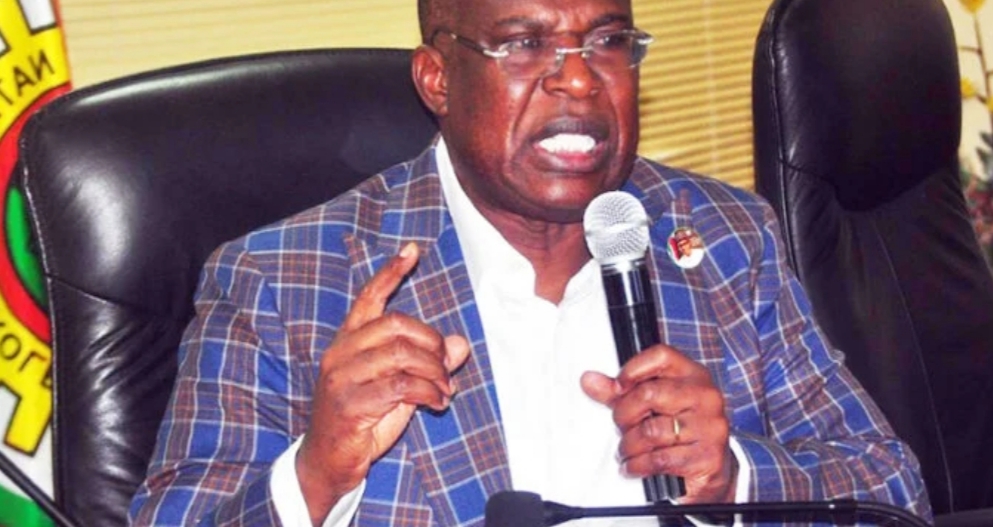Minister of state for petroleum, Timipre Sylva has demanded for a collaboration among 54 African countries with the African Continental Free Trade Area (AfCFTA) to grow local capacities in the oil sector.
The director-general of the World Trade Organisation (WTO) lastweek asked African countries to make the continental free trade area (AfCFTA) agreement work.
According to the News Agency of Nigeria (NAN), Sylva made the remarks while declaring open the maiden edition of the Africa Local Content Roundtable at the Nigerian Content Development and Monitoring Board (NCDMB) tower in Yenagoa, Bayelsa State, on Thursday.
He said that any country that aspires to achieve rapid and sustainable economic growth must develop an economic model that enables its human capital to harness its natural resources to create wealth and economic prosperity.
“One of the pathways for this desired collaboration and cross-country development is AfCFTA, and I am pleased that we have a representative of AfCFTA in this forum,” he said.
“The objective of this pan-African roundtable is to institutionalise a peer review mechanism among oil-producing countries on local content, as a key development imperative for domestication and sustainable growth of Africa’s hydrocarbon resources.
“Nigeria embraced this model by adopting local content as an economic development model for the oil and sector, in view of its abundant hydrocarbon resources estimated at 37 billion barrels of crude oil and 202 TCF of gas reserves.
“We define local content as value added to or created in the Nigerian economy by a systematic development of capacity and capabilities, through deliberate utilization of Nigerian services, human and material resources in the Nigerian oil and gas industry.
“Through implementation of local content, we have achieved significant growth in-country value addition from less than 5% in 2010 to 35% in 2021, and we have set an ambitious target to achieve 70% local content in the oil and gas sector by 2027”.
The minister urged oil-producing African nations to develop ideas on local content for people to benefit maximally from the natural resource.
“We must therefore use the opportunity of this roundtable to initiate conversations around local content, share success stories, challenges and come up with policies that would deepen local participation and domiciliation in our respective countries,” he added.
He also disclosed that the federal government had taken firm steps in funding two strategic energy projects in the country, including a 10,000-tonne per day methanol plant, a 500 million standard cubic feet per day gas processing plant in Brass, Bayelsa, and the Ammonia and Fertilizer plant in Akwa Ibom.
Simbi Wabote, the executive secretary of NCDMB and Umar Farouk Ibrahim, secretary-general of the African Petroleum Producers Organization (APPO), said adopting a local content policy and trade collaboration between African countries would impact the economy positively.
They said that the roundtable would become an annual event, which they may decide to rotate between other African countries.
Other participants at the events were petroleum ministers from other African countries and their representatives.
